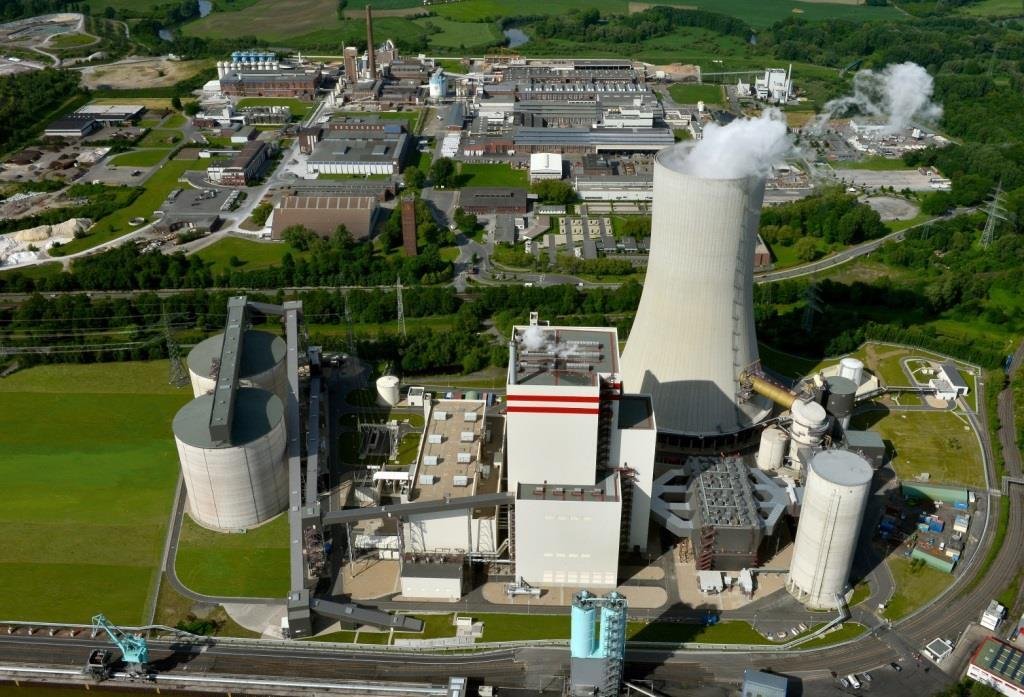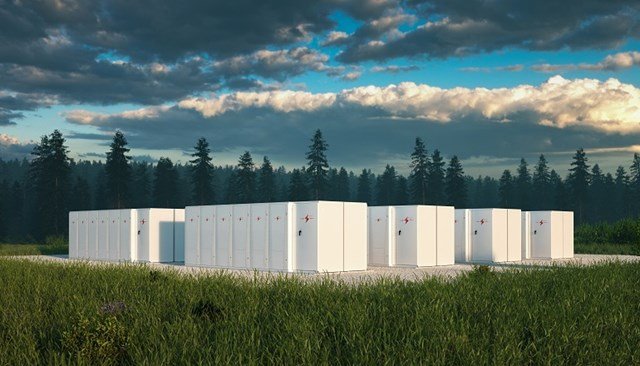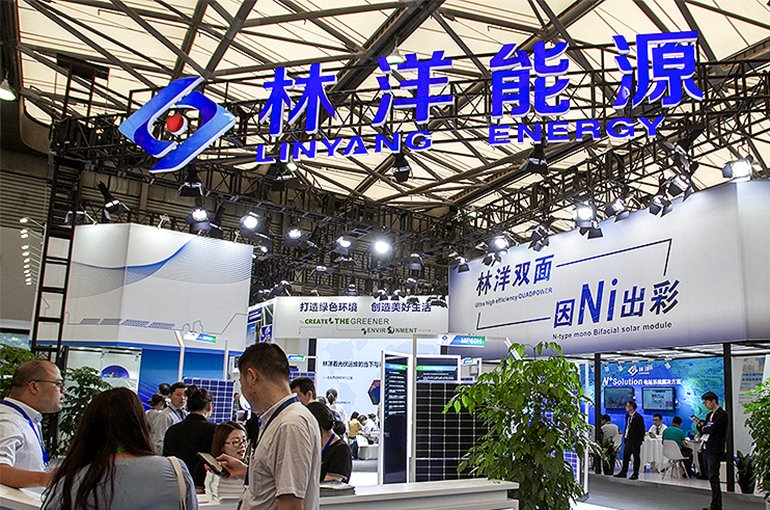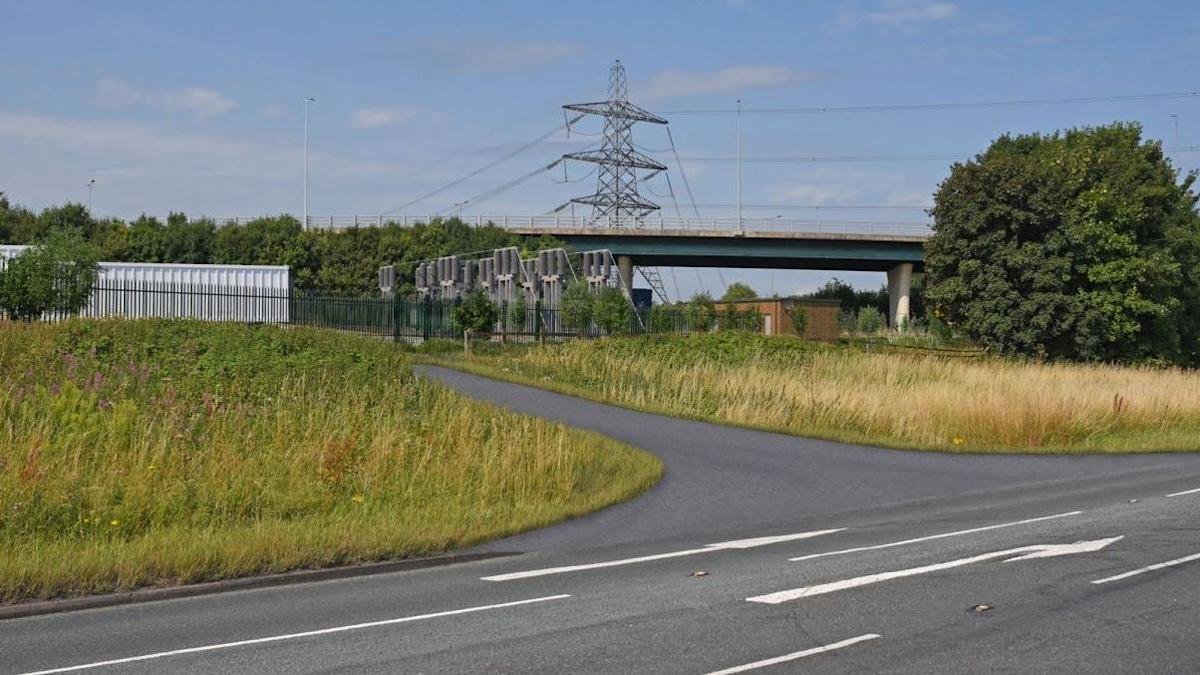A consortium led by independent asset manager Luxcara has commenced the development of a large-scale battery energy storage system (BESS) in Waltrop, North Rhine-Westphalia, Germany. This project, which aims to provide 1.8 gigawatt-hours (GWh) of storage capacity, benefits from a secured grid connection, positioning it for efficient operation under a tolling agreement.
The BESS will be part of a larger complex, the ‘Battery Park,’ which will boast a total capacity of 900 megawatts (MW) and 1,800 megawatt-hours (MWh). Luxcara, in collaboration with municipal utilities group Trianel and energy service provider BKW, selected this location for its optimal suitability for BESS development and its strategic importance within the European electricity grid. The area is known for its heavy industrial presence and is situated at a crucial junction of the European electricity network.
Originally, the site was designated for the construction of Trianel’s Lünen coal-fired power plant, which commenced operations nearby in 2013. The decision to repurpose the site for battery storage underscores a shift toward cleaner energy solutions. The chosen location allows ample space for the battery systems and features direct access to the 380kV transmission grid.
Construction of the BESS is set to begin in 2024, with the potential to become Germany’s largest battery project to date. Currently, the largest operational BESS in the country belongs to Eco Stor, which operates a 103.5MW/238MWh facility in Bollingstedt, Schleswig-Holstein. Eco Stor is also in the process of developing larger projects, including several 300MW/600MWh installations.
Germany is emerging as a leading market for battery storage in Europe, fueled by its robust power market that connects with nine neighboring countries and its commitment to renewable energy adoption coinciding with a planned coal phase-out by 2038. However, industry stakeholders have noted challenges such as grid connection regulations and permitting delays that could impede developers.
Luxcara’s investment manager, Alexander Lüntzel, emphasized the importance of this BESS project in enhancing grid flexibility, stating that it aligns with the growing demand for clean energy infrastructure. The initial phase will feature a 520MW BESS, while Trianel has outlined plans for three initial 300MW BESS units, with an additional 600MW expected to be installed later.
The consortium’s development initiative is pending regulatory approval. Trianel, which connects a network of municipal utilities across Europe, aims to equip its members with project development and energy trading services. Spokesperson Sven Becker noted the necessity of investing in storage solutions to accommodate the increasing variability of the electricity supply driven by renewable energy.
Becker remarked, ‘Flexibility is essential for a successful energy transition. Battery storage systems are particularly effective in stabilizing the grid and supporting market operations.’ The consortium anticipates commissioning the Battery Park by 2028, although specifics regarding the operational timeline and capacity remain to be clarified.




